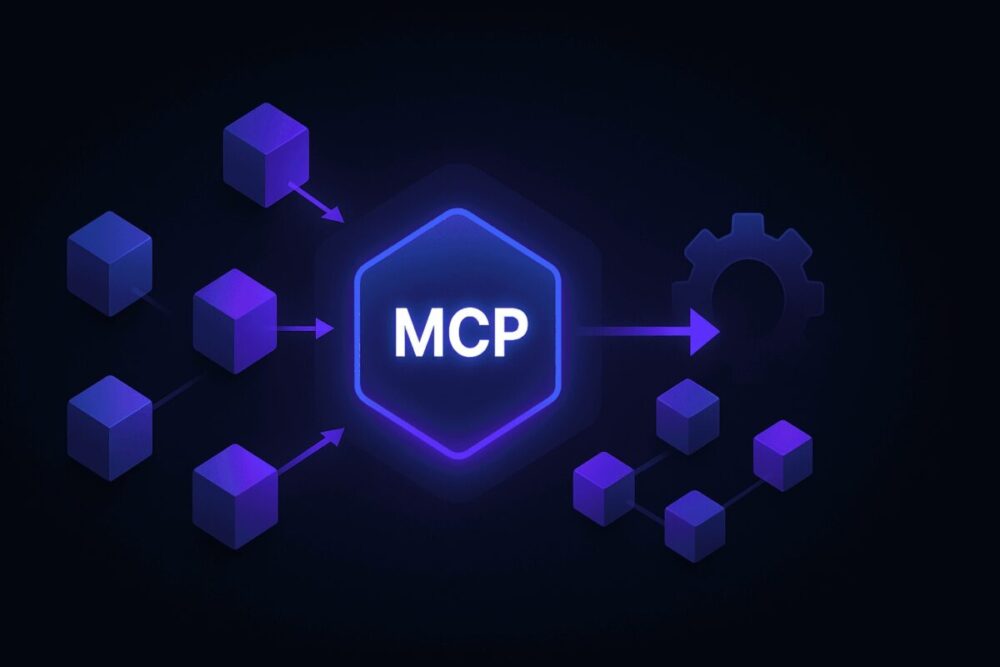Project management is a bittersweet roller coaster ride for the millennials who are helping this business evolve at a rapid rate than ever. Freshly joined talent introduces more dimensions to work, setting newer limits every time a new project is planned. These dimensions often become the trends for everyone if its efficiency is validated as a benefactor for many businesses.
Let us take a look at the trends that most project managers from the millennial pool follow in order to produce results, better team efficiency and improve overall processes.
1. Digital Technologies

AI, machine learning, data science, IoT, etc. have proven its vitality in the project management business in the recent years. Hence, the unquestionable skills for you being a millennial to master are these technologies.
Getting the technical quotient above the majority of the crowd pursuing this profession will help you secure a competent designation and better knowledge of conducting project tasks. The project management industry is picking up on these technologies at a pace that generates several opportunities for well-versed professionals with similar expertise.
Although you ought to be in the management team more than the technical workforce these skills will often allow you to direct your team better. Again, you can easily get the things done in an efficient manner once you know it yourself!
2. Analytics

Project management is a typical game of planning and execution and the analytics(statistics) acts as its scoreboard. And a project leader responsible for handling the game being in the field always requires utmost details on the scoreboard to improve their gameplay.
Project analytics deals with the numeric and graphical representation of the project status or results. There are extensive efforts made by the project management companies in generating vital analytics to help project leaders understand and improve the workflow.
In fact, developments in digital technologies i.e. machine learning, artificial intelligence (AI), data science, etc. is making analytics reach the newer heights. Additionally, the organizations are beginning to realize the effectiveness of the analytical features in a tool like Saviom Software i.e. performance tracker, task status, project health, etc. skyrockets the possibilities of project success.
3. Project Resource Planning Tools

A day in your life as a project manager would be impossible without a project or resource management tool fit for your nature of work. Project managers will not only have effective assistance from the tool in maintaining the project data but also manage the resources to optimize the project outcomes.
Tools with highly useful functionalities and flexible interfaces are improving the project management efficiency like no other. Integrating resource planning into the project management tool is an up and coming trend, given how you can’t drive projects without ensuring the right people are reserved ahead of time-based on their availability.
A millennial leader is overseeing a workforce even younger than them by age and working style, meaning that the kind of contract they opt for would be one that is flexible, engaging and enables them to pick up new skills. Such workers can be sought after today and assigned to shifts in work so that your business can still run promised services and products. Being able to visualize and level workloads lets you create a resource plan that stays the course.
4. Hybrid Project Management Methods

Project managers are no longer sticking to conventional waterfall methodologies. Instead, they are practising iterative agility to save time while accommodating changes requested post work commencement.
Earlier, managers were insistent on going by the book, considering how previous experiences running projects were compiled and standardized. But textbooks fall short of predicting what can go wrong down the line, which is why project managers today use a hybrid approach to get the best result.
Boosting versatility of skills and innovating better solutions to rising problems is the major requirement when we say hybrid project methodologies. This trend is best suited to large work forces where more than one project manager is responsible for handling the project. With dual or more reporting lines comes specific expertise in methodology that inputs diverse perspectives, one of which could be the way out of a project crisis.
5. Soft Skills

Communication skills have always been on the top of the demand, still, the new trend suggests that project managers require many soft skills to get the best out of their teams. Project managers often get tested between the layers of their company and the clients along with the responsibility of managing the team!
There a project manager handles everything thrown at them with leadership skills, effective communication, critical thinking & problem-solving capability, negotiation skills, and emotional intelligence.
Experience plays an essential role in inculcating these skills in a person. In other words, soft skills and experience go hand in hand. This is why applicants interviewing for managerial positions are assessed on situational responses, besides experiential prowess in years and technical skills. After all, a good leader recognizes potential in others, but the best know how to tap into it and cultivate healthy team dynamics, regardless of the size and competencies pulled in.
6. Telecommuters

The Covid-19 outbreak has resulted in companies offering remote work to their employees. And as is the case with any globally dispersed team, coordination efforts for progress updates triple.
That being said, telecommuting and flex work have been fringe perks for long, given the rise in gig workers such as freelancers, part-timers and contractors. This trend of hiring telecommuters is expected to expand in the upcoming months.
Additionally, gig economy workers are making it possible for organizations to retain talents at better rates. The quest to hire the most competent people passionate for the job without adding more to payroll expenditure is fuelling the culture of having telecommuters. It helps organizations get their hands on the best talent from any part of the world.





